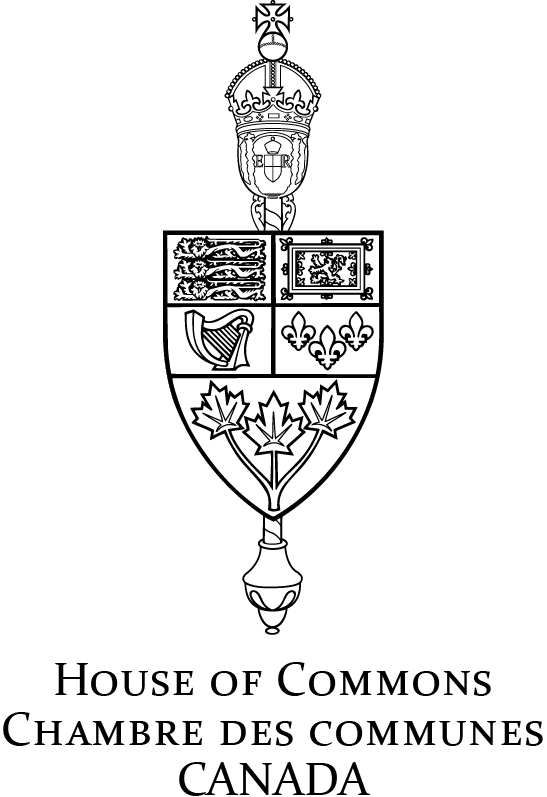PACP Committee News Release
If you have any questions or comments regarding the accessibility of this publication, please contact us at accessible@parl.gc.ca.
|
Standing Committee on Public Accounts |

|
Comité permanent des comptes publics |
For immediate release
NEWS RELEASE
PROGRAM TO DETECT AND DETER AGGRESSIVE TAX PLANNING IS ADEQUATE BUT BETTER PERFORMANCE MEASURES ARE NEEDED
Ottawa, February 23, 2015 -
The Canada Revenue Agency (CRA) has an adequate program to detect and deter aggressive tax planning but needs to improve its performance measures and evaluate its risk assessment model, according to the Standing Committee on Public Accounts’ report presented today in the House of Commons by Committee Chair David Christopherson.
Many taxpayers use tax planning strategies to reduce the amount of tax they owe to the government. When tax planning reduces taxes in a way that is inconsistent with the object and spirit of the Income Tax Act, the Canada Revenue Agency (CRA) considers them to be aggressive tax plans (ATP) and seeks to restrict their use.
In its Spring 2014 Report, the Office of the Auditor General of Canada (OAG) released a performance audit that examined whether the CRA has tools and processes in place to detect and correct non-compliance through the use of ATP, and whether the Department of Finance Canada has processes in place to provide timely analysis and draft legislation to address ATP issues identified by the CRA.
The OAG found that the CRA has an adequate program to detect, correct and deter non-compliance of certain tax schemes. The OAG noted that the CRA needs to evaluate the effectiveness of its National Risk Assessment Model, improve its performance measures and monitor the training of its staff. In its report, the Committee recommends that the CRA provide it with an update on the CRA’s progress in implementing the OAG’s recommendations.
The OAG noted two examples where the CRA studied ATPs and made submissions to the Department of Finance Canada, which were followed by legislative changes announced in federal budgets to stop the use of these ATP strategies. The OAG was, however, unable to examine the work of the Department of Finance Canada because the Department said that the requested information constituted a Cabinet confidence and was unavailable to the OAG.
As the OAG is working on a protocol with the Privy Council Office (PCO) for the sharing of information held by departments, the Committee recommends that the PCO provide it with an update on discussions to develop the protocol.
- 30 -
|